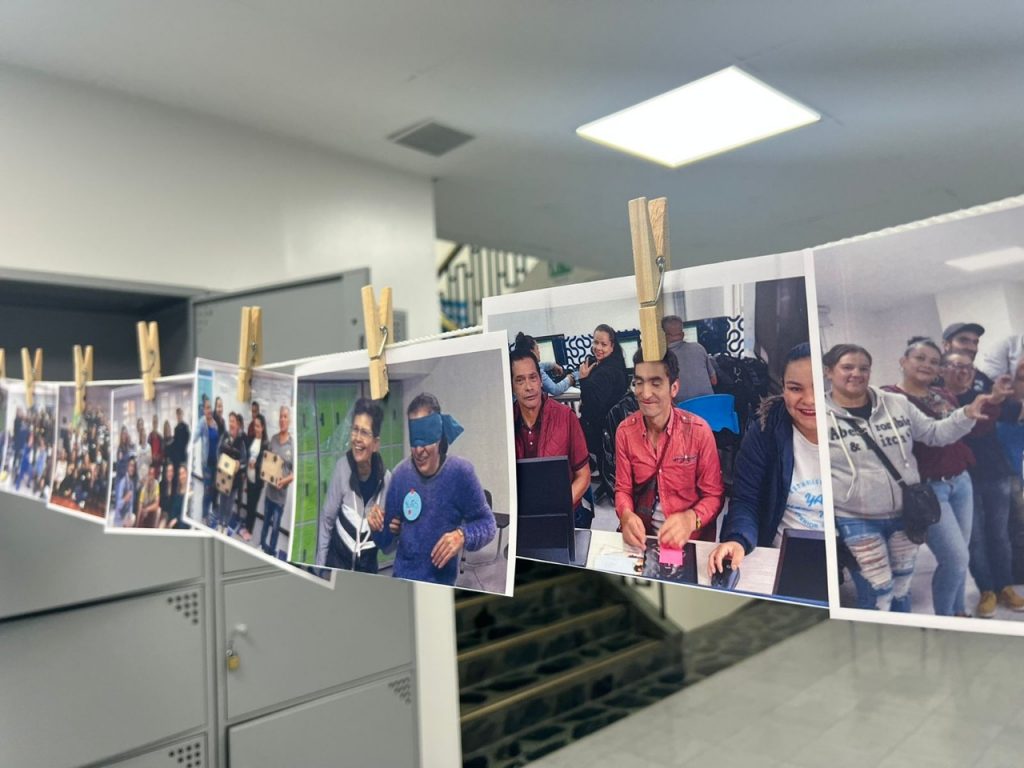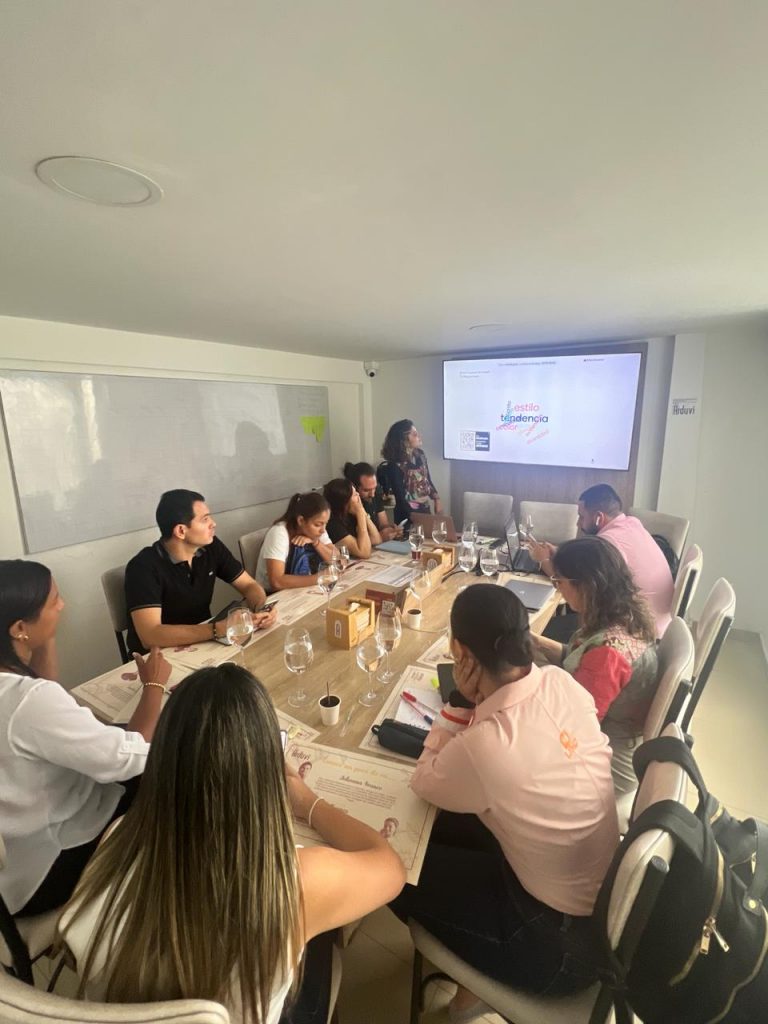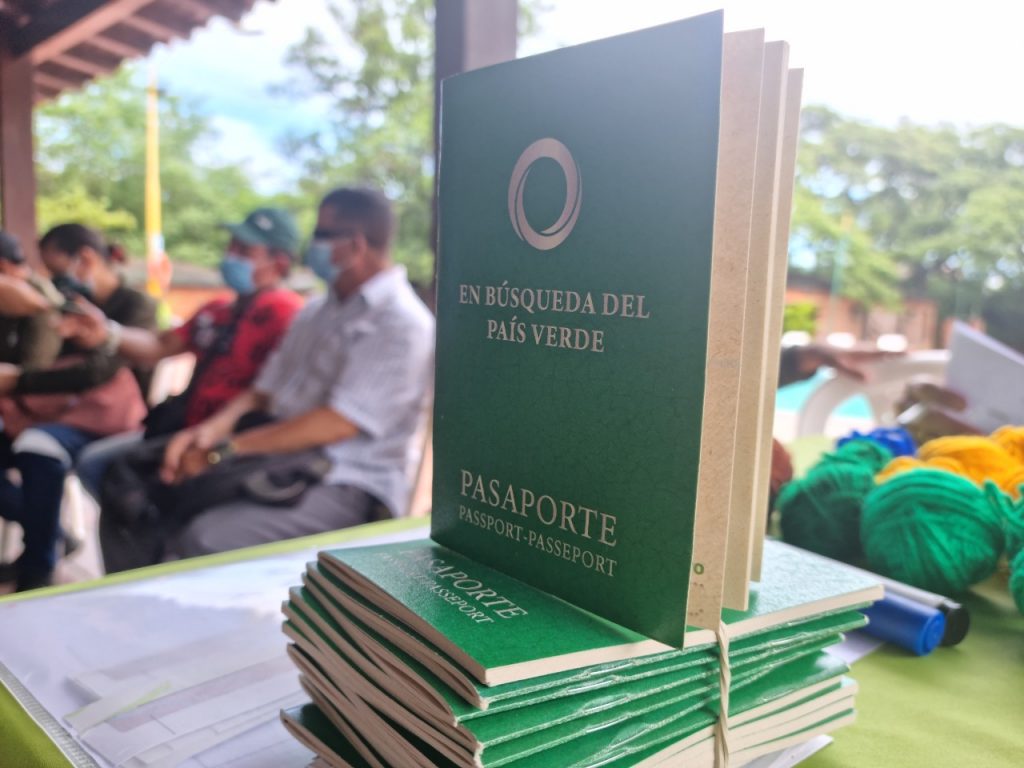
For many years, education has been a distant wish for the majority of waste pickers, who take advantage of their time in search of daily sustenance, indefinitely setting aside many of their desires and aspirations. However, despite all the difficulties they face in their daily lives, they have managed to take their organizations forward and become an example of struggle and perseverance, demonstrating their talents, an incredible empirical knowledge and the practice of a true solidarity economy.
Today we will share our most recent and enriching experience with the Recycler Population of Colombia and the integration of several national and international actors who believe and bet on education as a source of progress not only in the workplace, but also in the professional field, economic and personal.
To begin with, I would like to ask the following question: What makes a formative process successful?
Undoubtedly there are a number of responses that vary depending on the context, in our case, for the design and implementation of training processes aimed at waste pickers/ grassroots and leaders of associations of waste pickers, we have identified 3 main aspects that allowed the successful development, achieving great results. These are:
- Collaborative leadership and collective intelligence
- Methodologies and content adapted to needs
- Humanistic approach and business development
Let’s take a closer look at why each of these aspects makes a successful training process, understanding successful, such as the ability to produce the expected results in the target population and the mutual learning of the parties involved.
1. Collaborative leadership and collective intelligence
It is no secret that the global trend is to migrate towards collaborative work, which in turn implies the incorporation of new styles of leadership in which a common objective and the absolute confidence that each participant has a vital role and added value prevail, to express themselves freely from their domain of experience and the fading of their own egos.
This invites us to co-create spaces of argumentation from multiple perspectives, which enrich the educational process with multidisciplinary teams that are complementary, better called as: Collaborative leadership, where everyone shines in their area of applied knowledge.
For example, we managed to integrate the German international cooperation GIZ and the green jobs program of Colombia PREVEC in the knowledge and study of the Waste Pickers Population, with corporate experience and management SIMBIOTIC, master’s degree in solidarity economics from the Universidad Cooperativa de Colombia and the development of work skills of SENA. But most importantly, it was working hand in hand with waste picker organizations like ARB and ARN, and with entities that know closely and have studied the history of the waste pickers trade WIEGO. Thanks to the contribution of each entity’s valuable knowledge and experience, educational solutions are jointly created based on real problems, which in other words is nothing more than collective intelligence in action.
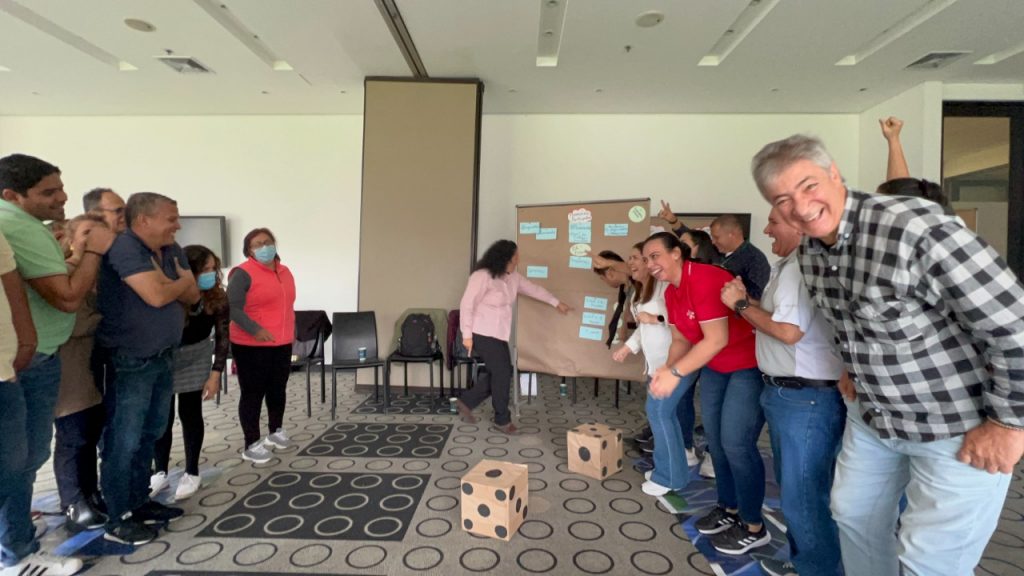
2. Methodologies and content adapted to needs
The Waste Pickers Population is very diverse, in age, knowledge, and level of schooling or absence of it, is therefore to investigate and understand their needs, what they want and require to professionalize their work, and where their biggest challenges, a fundamental process for designing an education that approaches and meets the expectations of an integral growth experience that is easily applicable in your daily life.
However, beyond this understanding, the inclusion of active methodologies such as popular education, andragogy, and axiology is required, which motivate waste pickers/to commit to a process of transformation of their habits. This means dedicating time to themselves, to train, to share knowledge with their peers, and to receive feedback from their mentors and trainers.
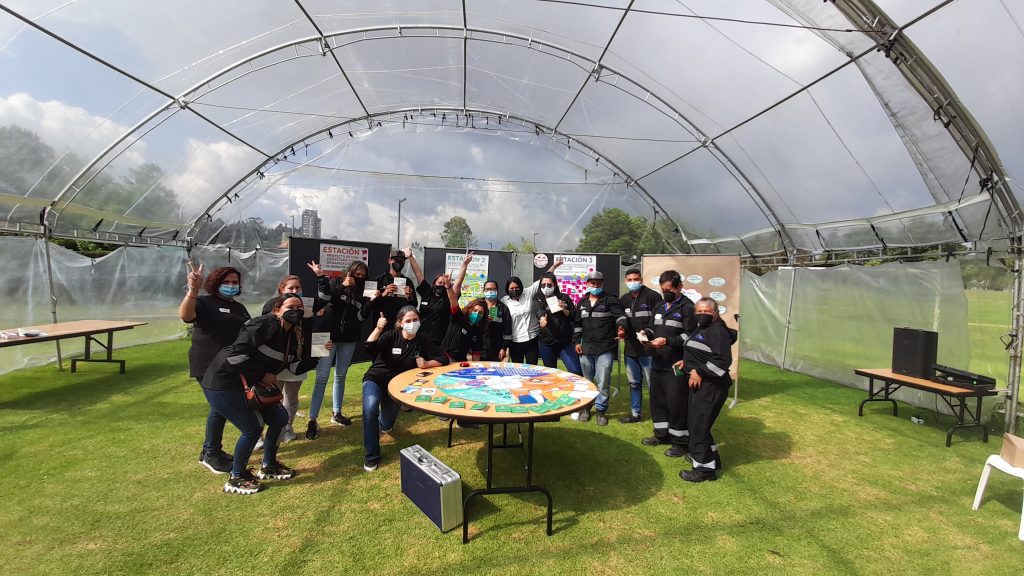
3. Humanistic approach and business development
Culture always begins with the individual, hence our commitment to this educational work is initially focused on the BE methodology, on recognizing the person behind its labels, on awakening genuine empathy, in the formation of bonds of trust that endure over time, and in the recovery of a society that has been blind and indifferent to the lives of thousands of waste pickers/clients who have had to live in conditions of vulnerability, and that even from there have provided us with great lessons of solidarity and tenacity.
As mentioned Fredy Kofman in his book The conscious company: "The integral domain begins with the mastery of one’s person on the plane: emotional, intellectual, ethical and spiritual" therefore we consider a formative process with a humanistic approach, to give way to the development of management capacities that facilitate the transition from informality to formality, to support the professionalization of the use of recycled materials service in a sustainable company.
Providing associations with the opportunity to acquire tools that optimize their routing processes, good practices in the collection centers, user service protocols, diagnosis, and strategic planning, among others. The biggest challenge is not only formalizing, but all the responsibilities that are acquired in the course of becoming providers of the public toilet service in the utilization component, which are not simply a list of requirements but a deep understanding of your business to take it to another level, to diversify your portfolio of products and services. The development of a business vision, where they identify their role within the circular economy and the added value they can offer by providing a better service not only to their users and customers but also the benefits that arise for its members thanks to this strategic planning exercise of their organizations.
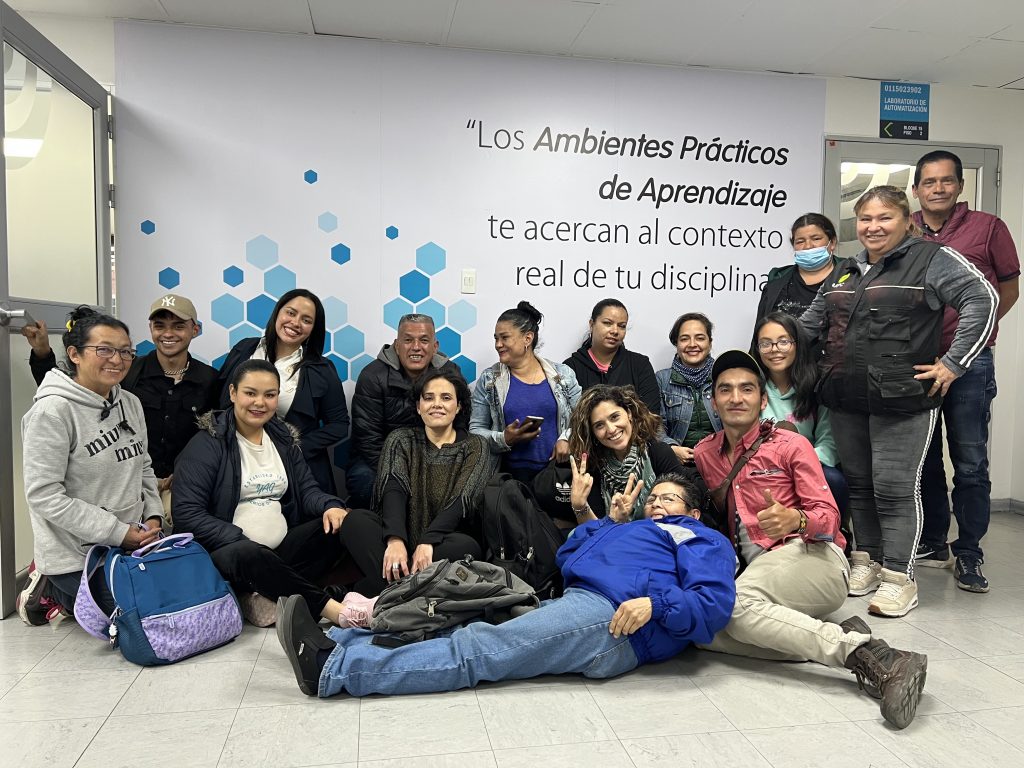
We are grateful and committed to designing educational purposeful experiences, that have ease of replication at a national level and LATAM, with which we can continue to grow as a conscious company and practice two-way learning.
Paola Bravo Villacis
CEO SIMBIOTIC

